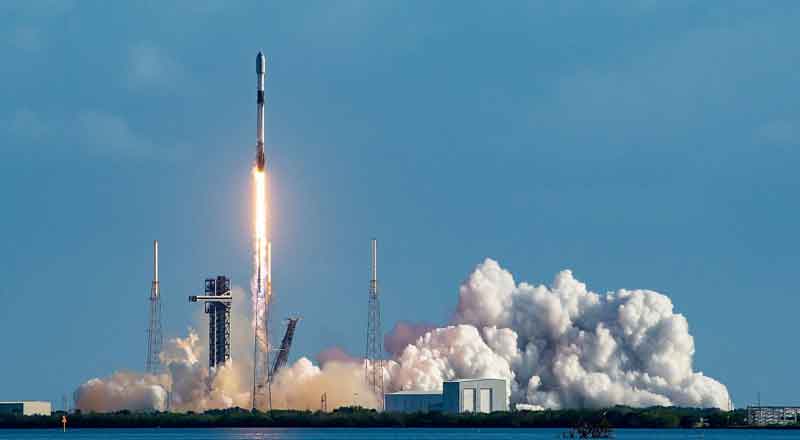Following the news that Japanese automaker Honda plans to invest US$40bn in EVs as part of strategy to go all-electric by 2040;
“Honda joins the league of global automakers such as Ford, GM and VW, which have announced major investments in the faster transition to EVs. Globally, automakers have collectively announced over US$600bn investments in EVs through 2030. Honda’s commitment to electrification remains a key aspect of its growth plan that will strengthen its competitive position and enhance its market reach in China, North America and its home market.
“Though Japanese automakers were late to shape up their BEV strategies, they are now in the race and gearing up for the future market, which will be highly competitive. Honda’s investment follows Toyota, which committed US$70bn in EVs through 2030, earlier this year.
“Honda is one of the frontrunners when it comes to hybrids. However, it has been exploring opportunities in BEVs through partnerships for some time now. Honda had partnered with GM to produce EVs for the North American market within US$30,000. Honda will launch two EVs in North America based on GM’s Ultium EV platform and will offer connected/software technology to the partnership. It also has an existing global partnership with Sony that too focuses on EVs and in-cabin technologies.
“The funds would focus on battery and battery material sourcing, development of solid-state batteries, software and new product development. The company is said to be exploring a battery JV opportunity in North America, which can be the rumoured Honda-LG 40GWh battery plant. Honda will also strengthen battery related ties with CATL and Envision AESC for China and Japan. With the investments, Honda plans to launch 30 EV models globally by 2030 and 10 EV models in China by 2027. The end target is to ensure production of more than two million units annually by 2030 and carbon neutrality by 2040.“EV market is growing at a fast pace in many parts of the world, the market is already competitive, and most OEM and new entrants now have established EV ecosystem. Thus, it remains a high time for traditional automakers to be a part of industry transformation. Nevertheless, the investment announced remains important for automakers from a perspective of sustaining the ongoing disruptions in the automotive industry. Automakers need to be tech-efficient to combat technology rivals invading the auto industry.





